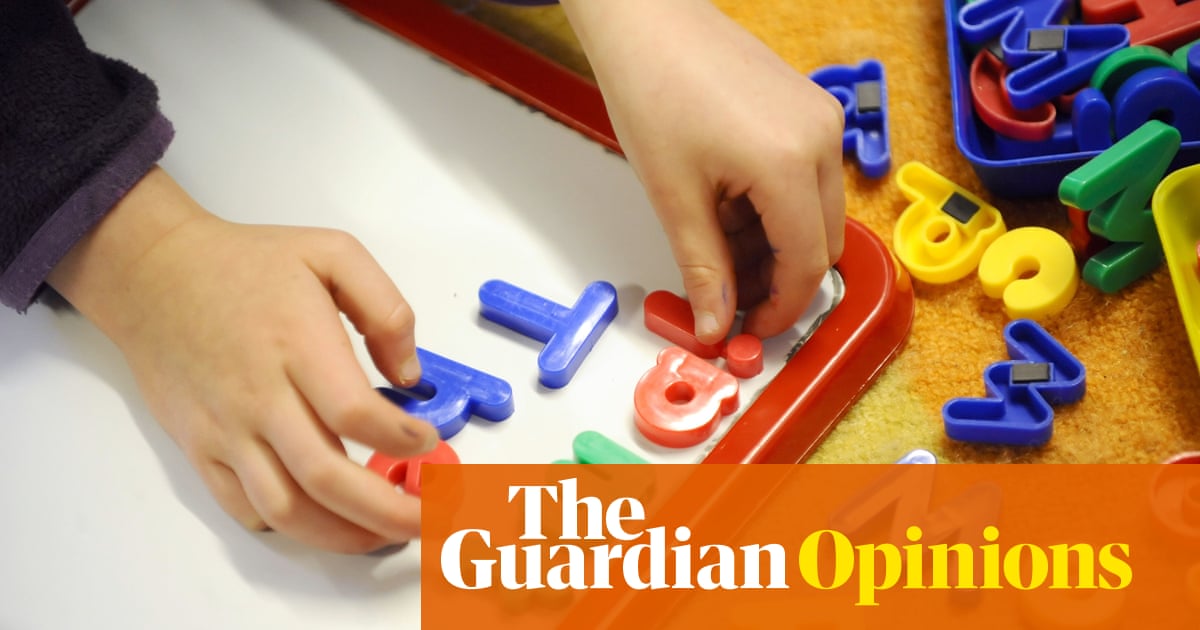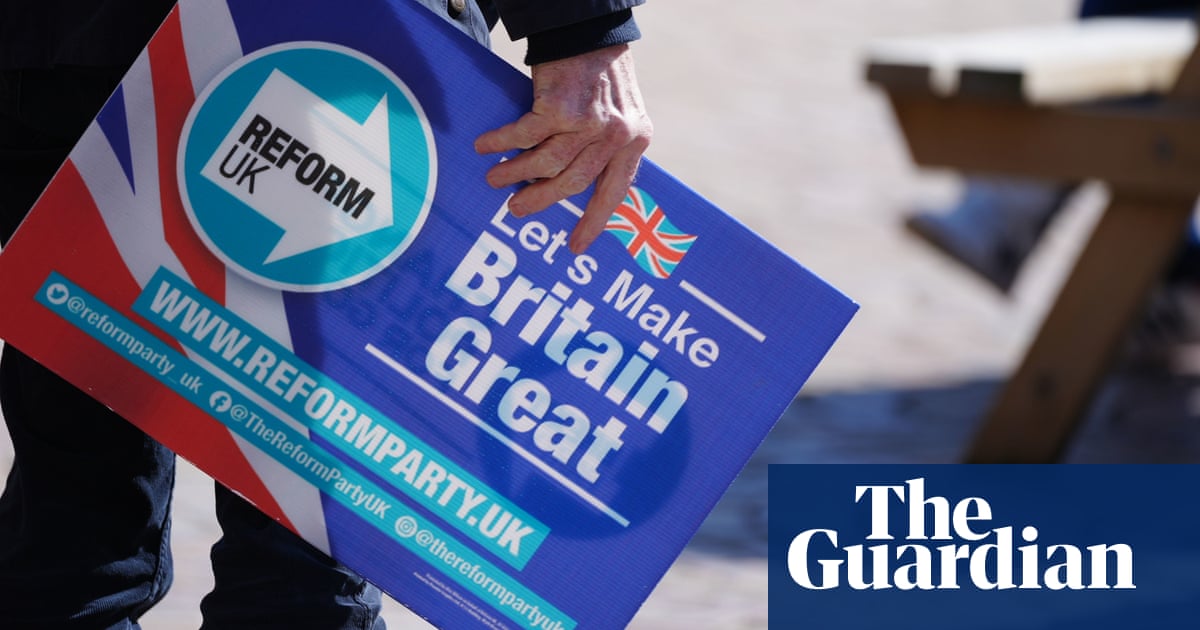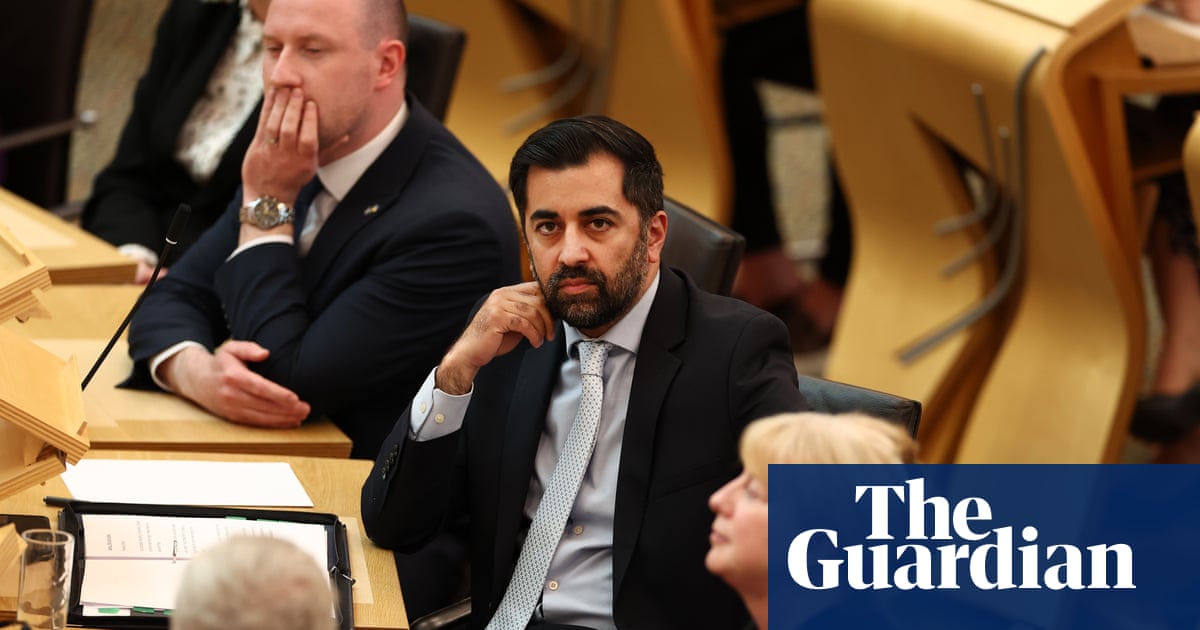The Guardian view on Sure Start’s success: Labour should see the latest findings as an opportunity | Editorial


Sure Start worked. The network of holistic, community-based services for under-fives launched by the Labour government in 1998 delivered long-term benefits for those children. The latest research is not the first to demonstrate this. But the finding of the Institute for Fiscal Studies (IFS) that young people from low-income households who grew up near a Sure Start centre saw an average improvement of three GCSE grades offers some of the most dramatic proof of success to date.
It also places beyond doubt that the policy achieved its aim of helping children from poor backgrounds. The first phase, until 2003, was when investment was most tightly targeted at disadvantaged areas, with outreach and family health part of the typical centre’s remit. These are the interventions that the IFS suggests are linked to the best results. As well as improved GCSE grades, this cohort had less need for additional learning support as teenagers. Earlier diagnosis of special educational needs and disabilities appears to have led to better outcomes later on. Positive effects were particularly pronounced for children from minority ethnic backgrounds.
After 2010, the programme began to be defunded by David Cameron’s government. By 2022, the budget was less than a third of its original size and more than 1,340 centres had closed. But while this damage cannot be undone, there are lessons to be learned beyond the obvious fact that many thousands of children lost out as a result. One is about the long-term nature of the programme’s effects. The strongest impact of Sure Start on attainment was registered not at ages five or seven, but at 11 and 16. With early years education once again prominent in politics, following the government’s decision to fund an expansion in nursery places, it is clear that patience is needed to evaluate the impact of policies aimed at boosting the wellbeing and life chances of the very young.
Further research in the pipeline will evaluate the impact of Sure Start on children’s social care referrals and youth offending patterns. Previous evaluations have made a link with improved family functioning, maternal health and reduced hospitalisations up to the age of 15. Once again, the findings in this area are nuanced. A higher incidence of hospitalisation in young children, which could be due to raised exposure to infectious illness in group settings, was followed by a fall later on. In terms of cost benefits, the IFS estimates that 39% of the total cost of Sure Start (which peaked at £2.5bn a year in today’s prices) was recouped in savings even before improved exam results and higher earnings are taken into account.
How will politicians respond to these important findings? One project with faint echoes of Sure Start is the new network of 75 family hubs in disadvantaged areas. But thinly spread and underfunded as these are, they cannot be expected to pack the same punch, particularly in the context of today’s disgracefully high levels of child poverty. Gordon Brown and other senior New Labour figures have called for a more comprehensive Sure Start reboot. In light of the latest evidence, Sir Keir Starmer’s team ought to listen. But so far, Labour has not gone further in its offer to children than to promise a free breakfast club in every English primary school.
This policy deserves to be popular. Feeding pupils at the start of the day is a good idea. But while breakfast sets them up for the day, their earliest years set them up for life. New Labour grasped this. Sir Keir and his colleagues now need to show that they are willing and able to build on their party’s past success.
Source link




